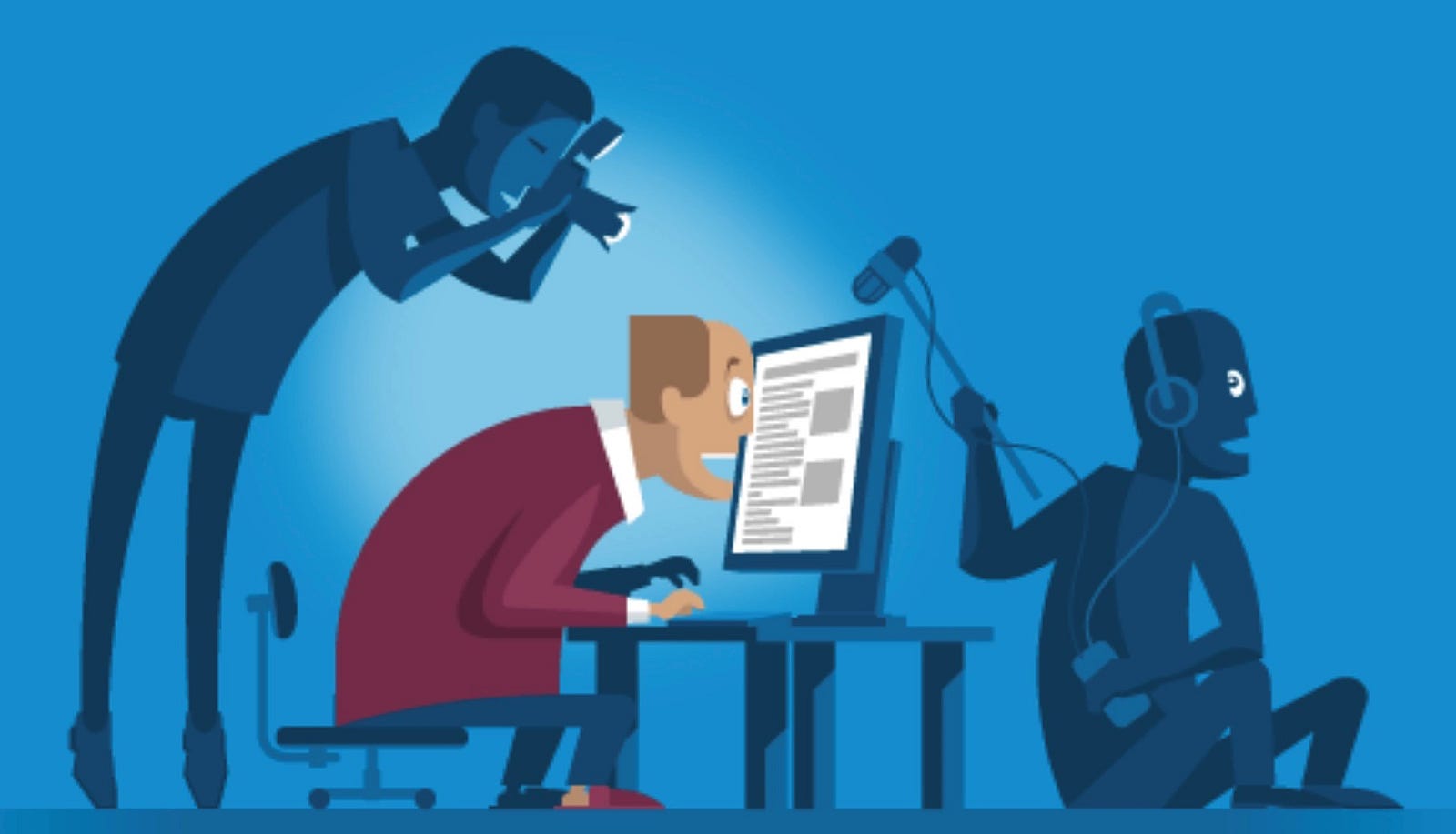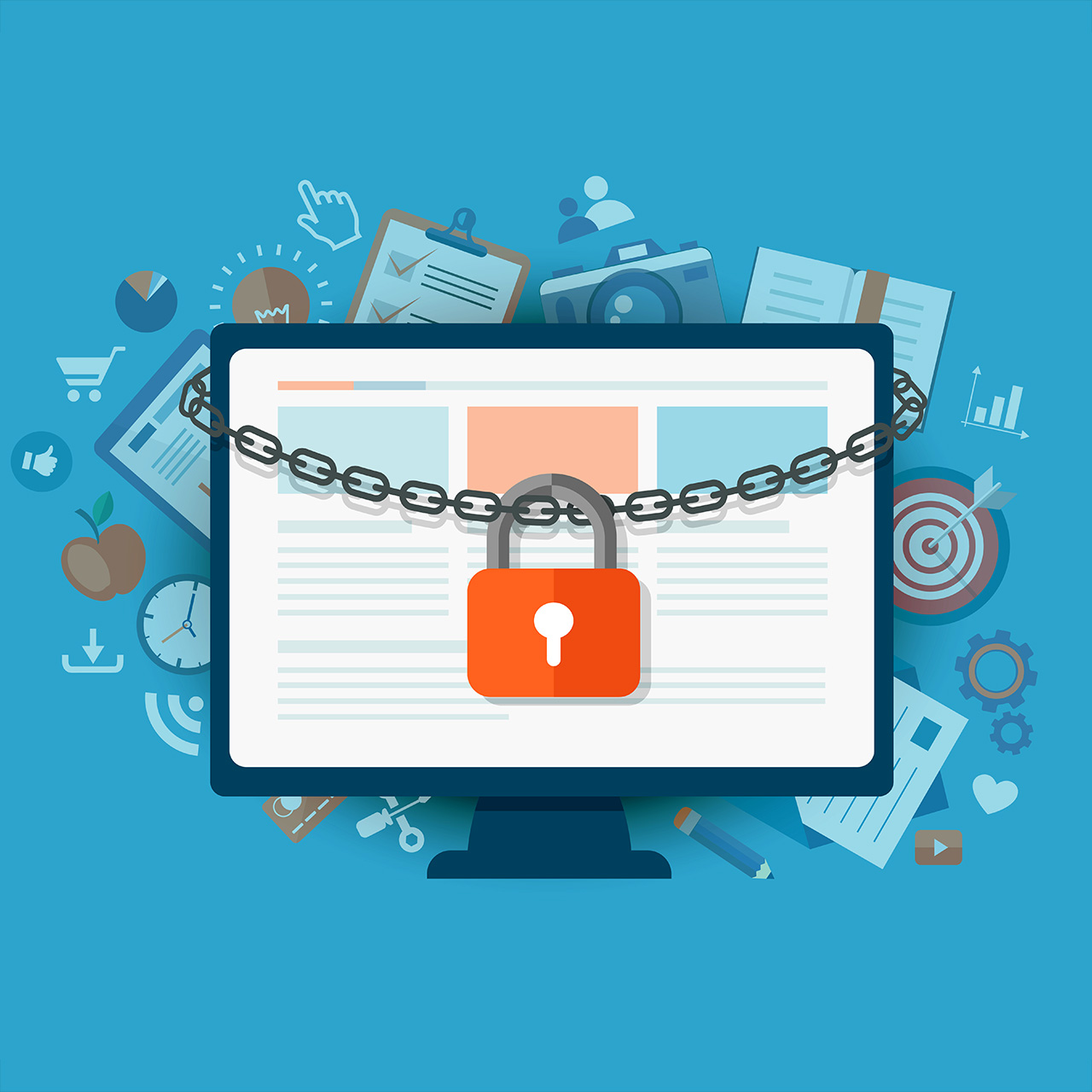1) Our digital information lasts forever.
2) Our digital information can be shared without our knowledge.
3) Our digital information has a high risk of being misused.

Whether it be an email with a professor or an intimate conversation with your best friend over Facebook messenger, the messages sent will never disappear. In a Ted Talk, Juan Enriquez describes these photos, videos, or conversations as "electronic tattoos." This notion is extremely critical to understand as people apply to colleges or search for jobs, as admissions officers and employees can easily find information that speaks poorly to one's character from years ago, but could not be deleted.
2) Our digital information can be shared without our knowledge.
We may share information privately, but that information does not stay private. The government can (and often does) use our information from our digital footprint for data and other purposes without our knowledge. For example, one Ted Talk by Catherine Crumb mentions how the police track our license plates and can form a very detailed idea of where we travel and when we do so. Outside of the government, websites we login to or our email server uses our information to form a digital image about us, thus posting ads that they think will intrigue us based on our interests mentioned through those platforms.
3) Our digital information has a high risk of being misused.
We often forget about the fine print. One Ted Talk by Finn Myrstad notes how, while signing up for a dating website, he realized that he could grant them access to his over 2,000 Facebook photos. In other cases, private entities or individuals can misuse information as a form of cyber bullying or harassment.

No comments:
Post a Comment